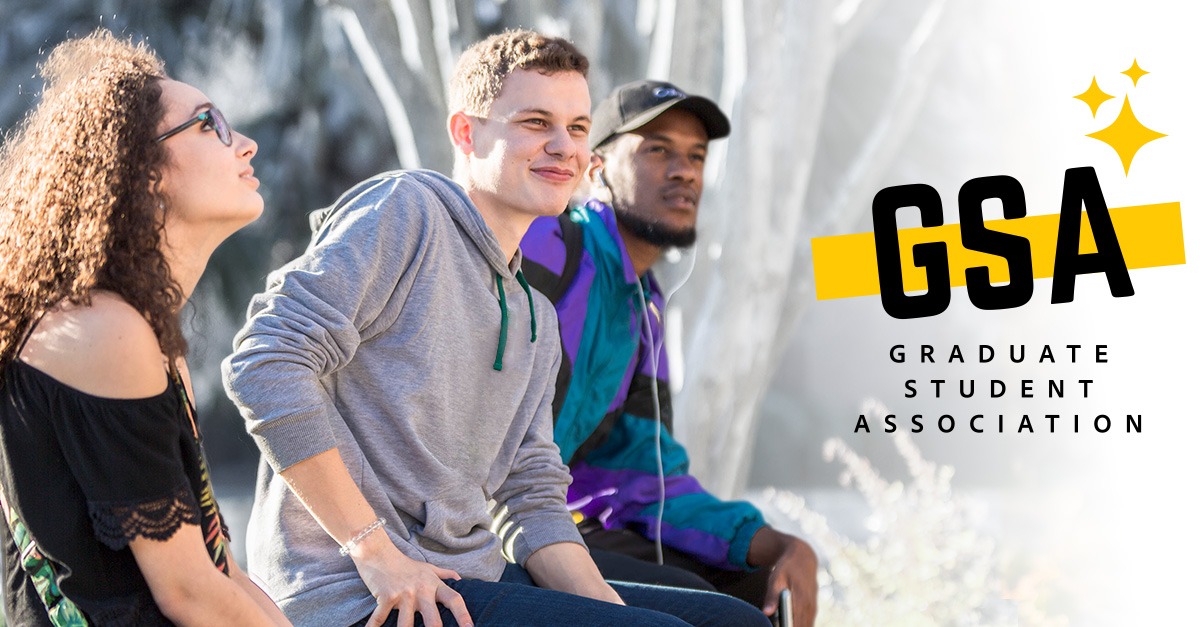Cancer-fighting Technology Developed at UCF Licensed to French Pharmaceutical Giant
One of the biggest pharma companies in the world will use a nanoparticle technology developed at UCF in hopes of coming up with new blood cancer treatments.
College of Medicine Associate Professor Alicja Copik and her team developed the technique in 2016 and then co-founded the company CytoSen to take the concept to market. In 2019, the company was acquired by Netherlands-based bio-pharmaceutical firm Kiadis Pharma, which saw the potential to develop new treatment options for cancer patients.
Last week, Kiadis licensed a bundle of technologies – including the one developed at UCF – to Sanofi in a deal estimated at about $1 billion. If the technologies advance through clinical trials and are approved, royalties would follow from commercial sales of products on the market.
Sanofi is based in France and employs more than 100,000 people in 100 countries. The company has 91 products in clinical trials. In 2019, it was ranked the eighth largest pharma company in the world based on sales of about $27.7 billion.
“The licensing of Kiadis’ CD38KO K-NK cells is particularly exciting for Sanofi since we will be studying this cell-based therapeutic with our recently FDA-approved treatment for patients with difficult-to-treat multiple myeloma, in hopes of bringing even more options to these patients with this hematologic cancer,” John Reed, the global head of research for Sanofi, says in a press release. “At Sanofi, we are committed to pioneering treatments that address unmet healthcare challenges. Innovative collaborations, such as this partnership with Kiadis, have the potential to expand the clinical benefits of our medicines by combining them with synergistic partnered therapeutics to deliver improved outcomes for patients.”
Natural killer (NK) cells are part of the body’s defense system and act as an army to protect us from invaders such as viruses and infections. Copik discovered a way to make NK cells even more powerful – by stimulating them with nanoparticles that multiply them and heighten their killing ability – and then use the cells to fight cancer. “That’s what it is all about,” she says, “giving patients a fighting chance of cancer survival.”
Copik’s story about natural cancer-killing cells illustrates one of the paths university research can take to the marketplace where it can change lives. This is why universities invest in Technology Transfer Offices that help innovations get patented and licensed to industry. The commercialization process can take years.
“Our office is grateful to have the unique opportunity to partner with industry to bring the most promising technological advances developed by our dedicated researchers to market to impact global healthcare and improve quality of life,” says Svetlana Shtrom, UCF’s director of Office of Technology Transfer.
Share This Article

UCF Women’s Club Honors 3 Graduate Students with Prestigious Sheila B. Somerville Scholarship
Financial support is often the cornerstone of academic success, and for many students, scholarships open the door to higher education. Beyond easing financial stress, these awards provide recognition, motivation, and a...
Latest News

Be the Voice of UCF Graduate Students
The Graduate Student Association (GSA) is looking for motivated graduate students to step into leadership and shape the graduate experience for the 2026–2027 academic year. As a GSA officer, you'll...

UCF Launches 1st Planetary and Space Sciences PhD Program in Florida
As SpaceU, UCF is pushing the boundaries of exploration by launching a groundbreaking new doctoral program in the planetary and space sciences. Now, aspiring researchers can apply to the inaugural cohort of...

UCF Fulbright Awardees Bring Their Passions to a Global Scale
Each year, the Fulbright Program offers opportunities for American students to conduct research, teach English, or pursue graduate study abroad. One of the most prestigious international exchange programs in the...

Unleash Opportunities with a UCF Graduate Degree
A graduate degree has the power to unleash opportunities by expanding careers, opening doors to new fields, and increasing lifetime earnings. According to the U.S. Bureau of Labor Statistics (2024),...